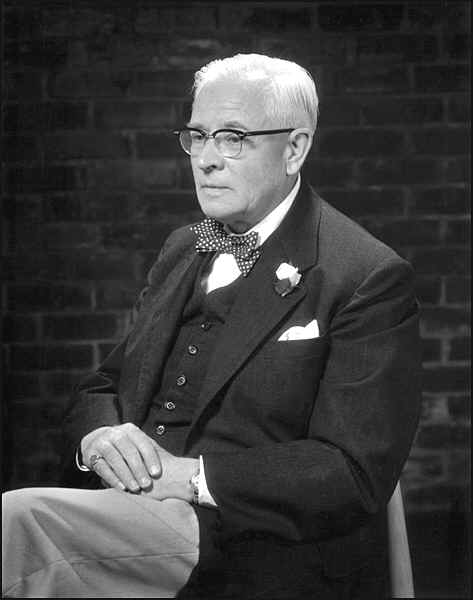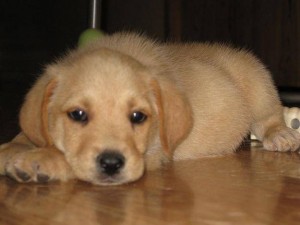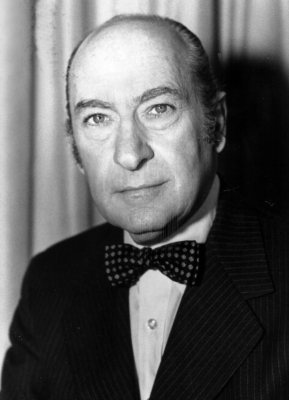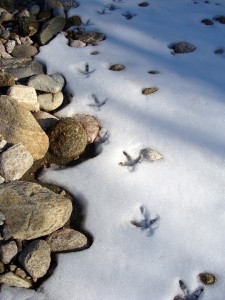
This morning, rising with formless, benignant wonderings about my future and vague remembrances of my long-ago youth, I surprised myself with an abrupt focus on Prof. Joshua Whatmough (“WUTT-moe”).
I googled and found a perfect description of his terrifying and exhilarating classroom (in 1947) put up on a webpage by one of Whatmough’s former students, William Harris, Professor Emeritus, Middlebury College. Prof. Harris’ recollections lit up a room I hadn’t been in for many years. Continue reading “Prof. Joshua Whatmough — Linguistics 120”



 I began writing an obituary of J. D. Salinger, but given his reclusiveness and academia’s already exhaustive shelves of critical essaying, it morphed into a personal reflection on how Catcher in the Rye affected me and my 60’s world. But Greg Palast did it better (and faster), so I reprint
I began writing an obituary of J. D. Salinger, but given his reclusiveness and academia’s already exhaustive shelves of critical essaying, it morphed into a personal reflection on how Catcher in the Rye affected me and my 60’s world. But Greg Palast did it better (and faster), so I reprint 


